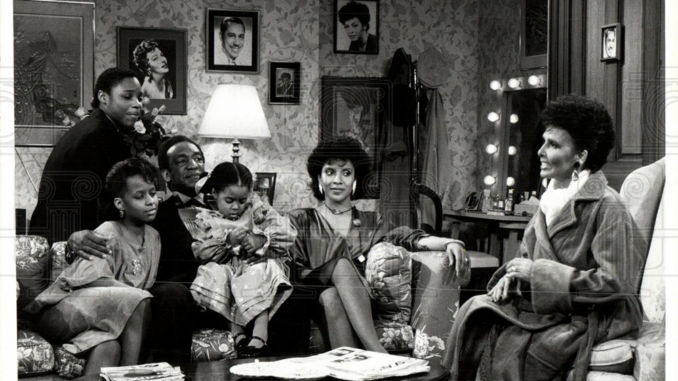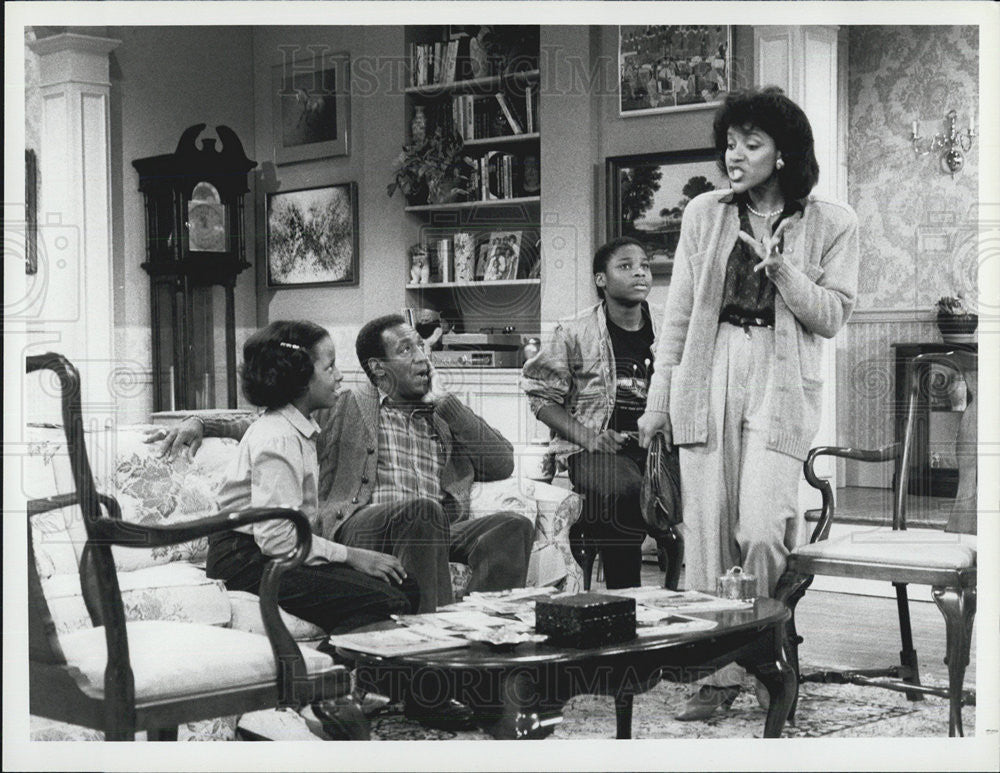
“The Cosby Show,” a groundbreaking sitcom that aired from 1984 to 1992, brought audiences into the lives of the Huxtable family.
This pivotal scene occurs in Season 6, Episode 14, titled “Theo’s Gift.” The episode focuses on Theo Huxtable, played by Malcolm-Jamal Warner, who has struggled with his academic performance throughout the series. In this emotional moment, Theo learns that he has dyslexia, a diagnosis that both explains his learning difficulties and marks a significant turning point in the show’s narrative.
As Theo confides in his parents, Cliff and Clair (Bill Cosby and Phylicia Rashad), the scene transforms from a typical sitcom setup to a heartfelt exploration of a family’s unconditional support and love. The camera captures every nuanced expression as Theo opens up about his fears and frustrations, and in response, Cliff and Clair offer reassurance, empathy, and understanding, making the moment incredibly raw and relatable.

What makes this scene so emotional is not only the powerful subject matter but also the brilliant performances of the actors. Malcolm-Jamal Warner delivers a vulnerable portrayal of a young man grappling with his newfound identity, while Bill Cosby and Phylicia Rashad give heartwarming performances as parents who are there for their son without hesitation. The audience is taken on a journey from Theo’s initial confusion and frustration to a sense of hope and understanding as his family rallies around him.
The scene is also significant because it shines a light on learning disabilities, something that was not often discussed on television at the time. By addressing dyslexia head-on, “The Cosby Show” used its platform to educate viewers about a real-life issue while maintaining the core values of family support and resilience. For many, this scene is remembered not just for its emotional weight, but for its broader cultural impact. It reminds us that beneath the laughter and lighthearted moments, “The Cosby Show” could deliver powerful messages about life’s challenges and the strength of family bonds. This emotional depth is one reason why the show remains a touchstone in television history, even as its legacy has become more complicated in recent years.
Ultimately, the most emotional scene in “The Cosby Show” wasn’t just about Theo’s academic struggles; it was about the love and acceptance that families provide in moments of difficulty. It serves as a timeless reminder that, at its best, television can entertain, inspire, and even heal.
